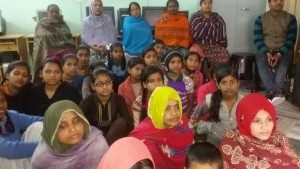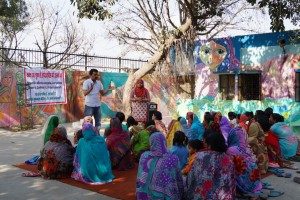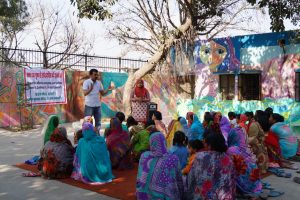 The annual Hep B United Summit, organized by the Hepatitis B Foundation, convenes in Washington D.C. from Wednesday, July 27 through Friday, July 29. National and local coalition partners, experts, stakeholders, and federal partners will meet to discuss how to increase hepatitis B testing and vaccination and improve access to care and treatment for individuals living with hepatitis B.
The annual Hep B United Summit, organized by the Hepatitis B Foundation, convenes in Washington D.C. from Wednesday, July 27 through Friday, July 29. National and local coalition partners, experts, stakeholders, and federal partners will meet to discuss how to increase hepatitis B testing and vaccination and improve access to care and treatment for individuals living with hepatitis B.
You can watch many of these important sessions LIVE on Periscope. You can also follow the conversation at the Summit on Twitter with #Hepbunite!
What is Periscope? Periscope broadcasts live video worldwide, in real time, so you can watch it from your computer (via web link) or a mobile device (via Periscope app). The app is free and available for your phone (iPhone and Android) and iPad or Tablet.
Wondering how to use Periscope to watch the Hep B United Summit in real time? There are two options:
- If you’re using a PC, keep an eye out for a tweet from Hep B United and/or the Hepatitis B Foundation Twitter handles (@hepbunited or @hepbfoundation) that will contain a link to take you directly to the stream.
- If you’re on the go, you can download the Periscope app for free from the App store or Google Play. You can either login using Twitter or directly with your phone number. Create your Periscope username and then follow hepbunited and hepbfoundation. We’ll be sure to follow you back! Here’s a great Periscope tutorial from Traffic Generation Café to get you started. You can also click on the link from your twitter app.
Here are the details on the sessions that will be broadcast on Periscope:
State of Hepatitis B
1:45-2:15 p.m. Wednesday: Brian McMahon, MD, will provide an update on the state of hepatitis B globally, via a GoToMeeting connection.
Click and watch later here.
Hep B United and Know Hepatitis B Campaign Accomplishments
2:15-3 p.m. Wednesday: Cynthia Jorgensen, DrPH, of the CDC’s Division of Viral Hepatitis will provide an update on Hep B United and the Know Hepatitis B campaign accomplishments of the past year.
Click and watch here.
HHS Town Hall on Hepatitis B
9:30 a.m. Thursday: There will be a town hall conference with U.S. Department of Health and Human Services (HHS), live from HHS.
Click and watch here.
Breakout Session 1:
Developing New Hepatitis B Partnerships and Increasing Awareness
10:45-12:00 p.m. Friday: Contribute and learn about expanding outreach to new sectors (businesses, other at-risk communities, providers, etc.) and hepatitis B education strategies including social and ethnic media engagement. (Facilitators: Thaddeus Pham and Arcadi Kolchak)
Click and watch here.
Leveraging Data and Evaluating Impact
10:45-12:00 p.m. Friday: Discuss and collaborate on hepatitis B data collection and publication strategies, working with IRBs, and leveraging data to evaluate and promote coalition/organization impact. (Facilitators: Moon Chen and Chari Cohen)
Click and watch here.
Breakout Session 2:
Building and Sustaining Local Hepatitis B Coalitions
1:15-2:30 p.m. Friday: Develop strategies to sustain local hepatitis B coalitions and learn about engaging staff and local leadership. (Faciliators: Alex Shirreffs and Mohammad Abdul-Kadir)
Click and watch here.
Navigating Patients and Linkage to Care Strategies
1:15-2:30 p.m. Friday: Contribute to and learn about patient navigation strategies, including overcoming language barriers and working with community health workers and physician champions. (Facilitators: Nirah Johnson and Jane Pan)
Click and watch here.
Not able to join the sessions with Periscope? Follow the conversation on Twitter using the #Hepbunite hashtag. Follow the events, RT and engage with event attendees and help us raise hepatitis B awareness in the U.S. and around the globe.
World Hepatitis Day is July 28th, and this Summit is a terrific opportunity to share with the world what we’re doing to help those living with hepatitis B in our communities.
Other popular hashtags for World Hepatitis Day, and to raise HBV awareness, include: #NOhep, #KnowHepB, #WorldHepDay, #WHD2016, #hepatitis, #hepatitisB, #HBV, and #hepB
Connect with, follow and engage with some of fellow partners on twitter to keep the HBV conversation going during the HBU Summit and World Hepatitis Day events, and beyond. Check out: @AAPCHOtweets, @AAHC_HOPEclinic, @AAHI_Info, @AAPInews, @apcaaz, @APIAHF, @ASIAOHIO, @CBWCHC, @CCACCInc, @cdchep, @cpacs, @HBIDC, @HepBFoundation, @HepBpolicy, @HepBProject, @HepBUnitedPhila, @HepFreeHawaii, @HHS_ViralHep, @ImmunizeAction, @LaoCenterMN, @MinorityHealth, @njhepb, @nemssf, @NVHR1, @nycHepB, @NYU_CSAAH, @sfhepbfree, @supportichs, @WhiteHouseAAPI,
Missing from the list? Contact the foundation at info@hepb.org to be added.
Don’t forget to join the World Hepatitis Alliance Thunderclap and register your World Hepatitis Day events.

Still have questions? Email us at info@hepb.org and we’ll help you get started!
Visit the Hep B United and Hepatitis B Foundation websites for more information about hepatitis B and related programs.
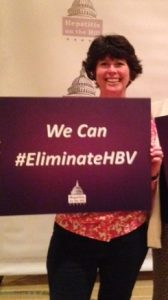



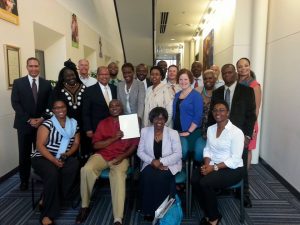

![A young Somali refugee. Courtesy of USAID (USAID) [Public domain], via Wikimedia Commons.](https://www.hepb.org/blog/wp-content/uploads/2016/08/512px-Little_Somali_girl-2-256x300.jpg)
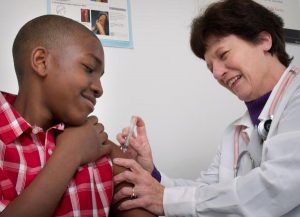

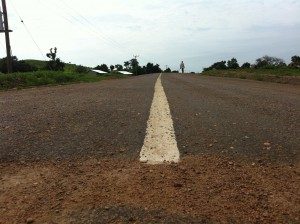
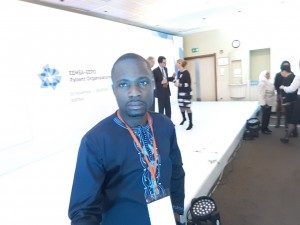
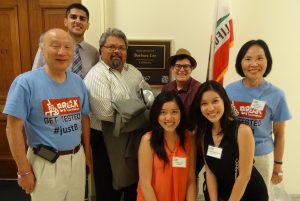
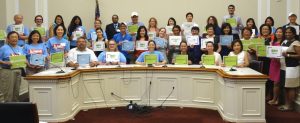
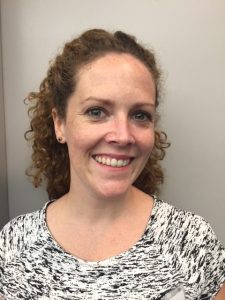
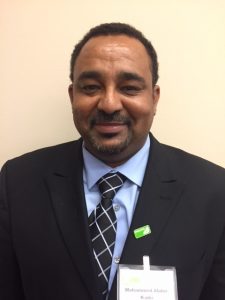
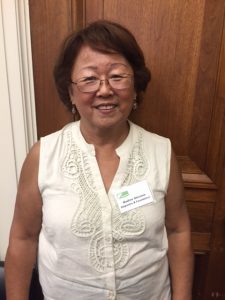

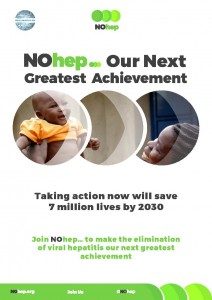 By Christine Kukka
By Christine Kukka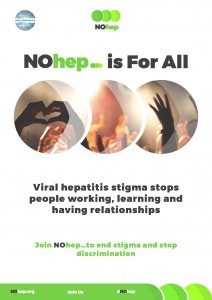 For example, between
For example, between  The annual Hep B United Summit, organized by the
The annual Hep B United Summit, organized by the 

